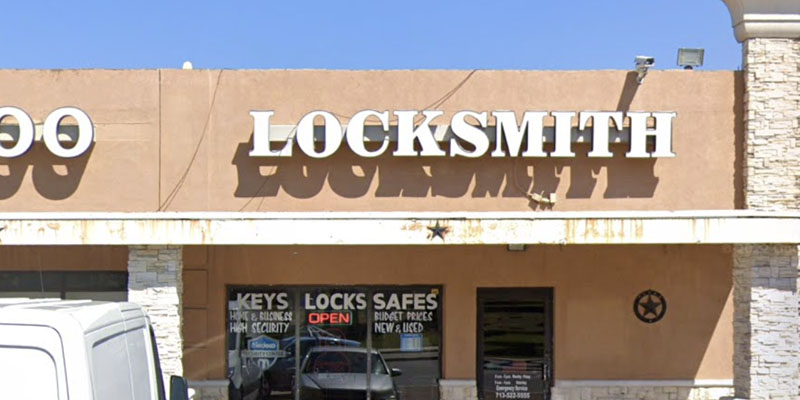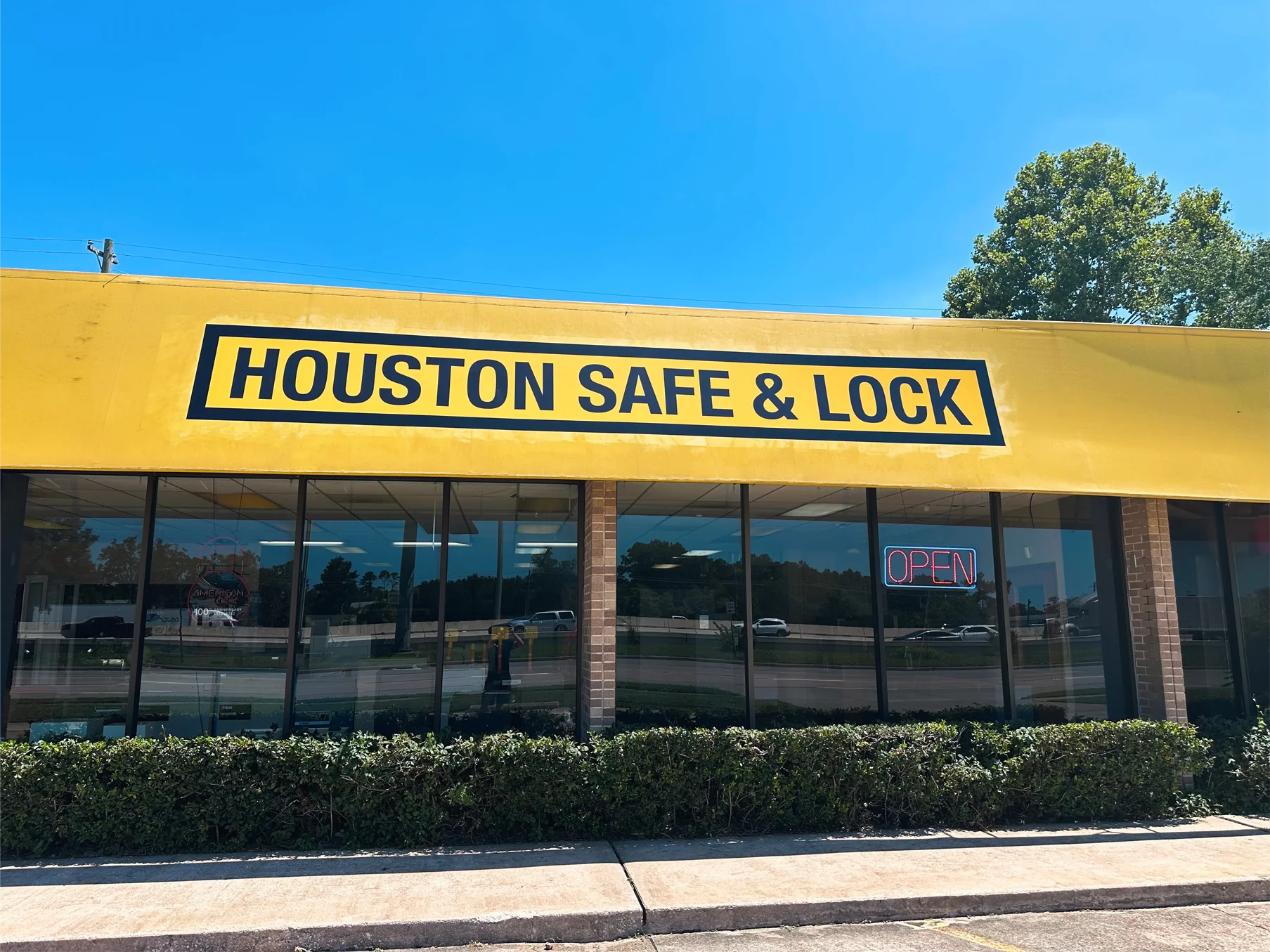🎉
July 4th Safe Sale
Save 15% + Free delivery & installation on safes!
Certifications A Locksmith Should Have
What Certification for Locksmiths Looks Like
The industry is regulated at the state level, and specifically by the Texas Department of Public Safety. Texas has a defined process for becoming a lock and safe expert, and this is what it looks like:- A background check – Because industry experts can access places and safes others can’t, they are held to a high degree of trust. For this reason, anyone seeking licensing must go through a criminal background check. The process is a bit subjective, but in general, anything from a class B misdemeanor up will disqualify someone. If there is doubt to whether or not a particular crime will complicate the background check, it’s best to be upfront, as it may save a lot of waiting.
- Getting a pocket card – Members of the industry must be able to identify themselves to others, and the standard method of doing so is with a pocket card. In fact, it is illegal to perform lock or safe services without a card. To attain one, a professional must either work with a reputable shop that is linked to a trade association, or get licensed by taking relevant coursework and working with a licensed shop for a year. Both paths take about two years to complete.
- Become a qualified manager – Following coursework and work experience, a professional can elect to become a qualified manager of their own shop by taking the Qualified Managers exam. The exam is handled through the Texas Department of Public Safety’s Private Security Bureau (PSB). It’s a difficult exam and requires deep familiarity of the industry. In addition to completing the exam, a professional must pass a federal background check and attain liability insurance.
- Maintain the license – There’s still work to do after becoming a qualified manager. To maintain licensing, a qualified manager has to complete 16 hours of continuing education every two years. One of those hours must be a course in ethics. This keeps a professional up to date with the field and aware of any new developments.
- Certified Automotive Locksmith (CAL) – To attain CAL certification, a professional has to pass the CAL exam and demonstrate strong knowledge of all things pertaining to automotive locksmithing.
- Certified Registered Locksmith (CRL) – CRL certification is where most professionals start once they become licensed. To attain CRL certification, a professional must first pass examinations in 10 mandatory categories. They include: codes and code equipment, cylinder servicing, key blank identification, key duplication, key impressioning, professional lock opening techniques, lockset functions, lockset servicing, basic master keying and cabinets, furniture and mailbox locks. Beyond those 10 exams, a professional must also complete two elective exams, of which there are 26 to choose from.
- Certified Professional Locksmith (CPL) – CPL certification is the next step beyond CRL, and to attain it, a professional first has to get CRL certification. Once they have, they then have to pass 12 additional elective exams. By the time a professional achieves CPL certification, they are advanced in general locksmithing and a specialist in many areas.
- Certified Master Locksmith (CML) – CML certification is the highest level of certification that a professional can reach. To attain it, a professional has to complete CPL certification and then has to complete 90 percent of available elective exams. CML certified professionals are experts in their field, and have advanced knowledge of industry technology, including electronic security systems.
- Certified Professional Safe Technician (CPS) – To achieve CPS certification, a professional has to pass a 325 question exam, which covers 17 categories. Some of those categories include lock identification, safe installation, vault and safe locks, safe drilling/penetration, safe deposit locks and safe-related electronics.
- Certified Master Safe Technician (CMST) – A professional must first attain CPS certification before they can move on to CMST certification. When they are ready, professionals must score a passing grade on a 267 question advanced skill test, which covers additional categories like time locks, post-penetration repairs, manipulation, advanced dialing diagnostics, night depositories, vaults and vault doors, advanced borescope techniques and safe drilling.

